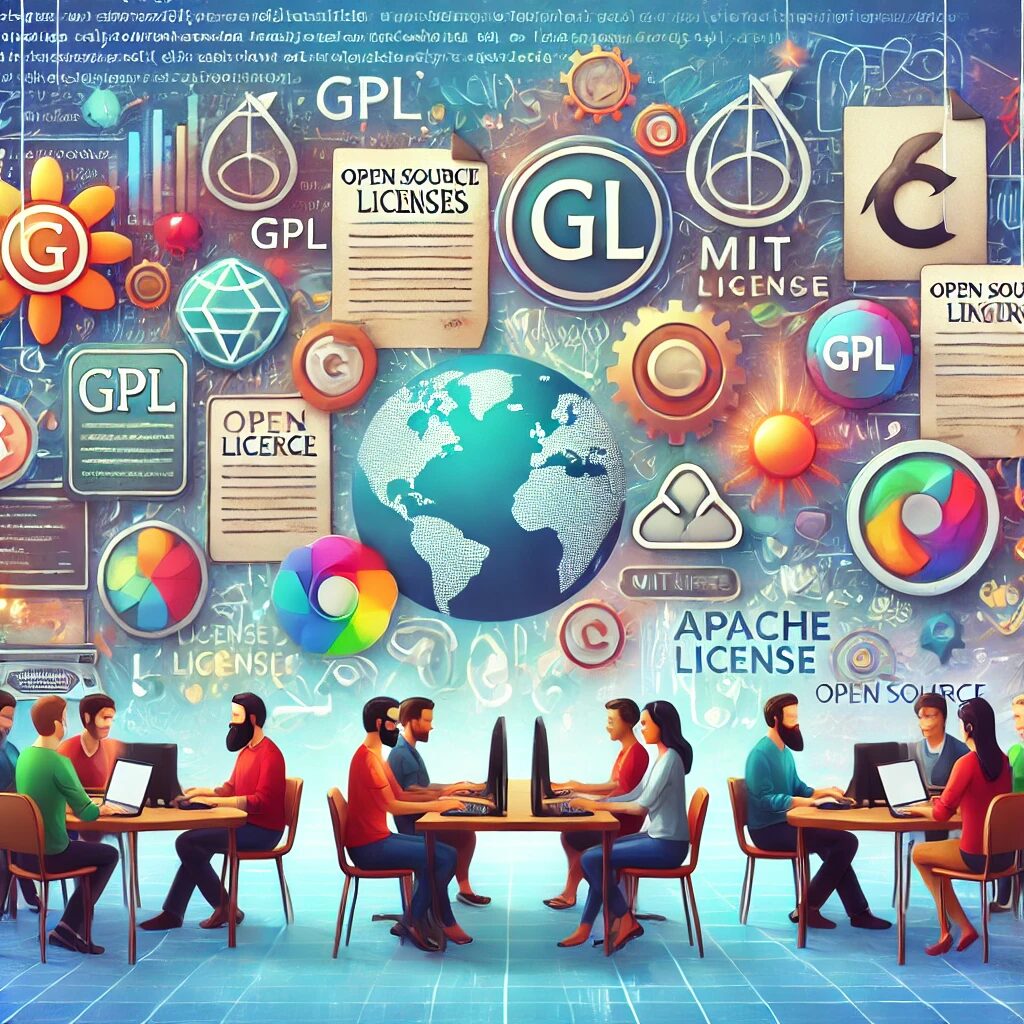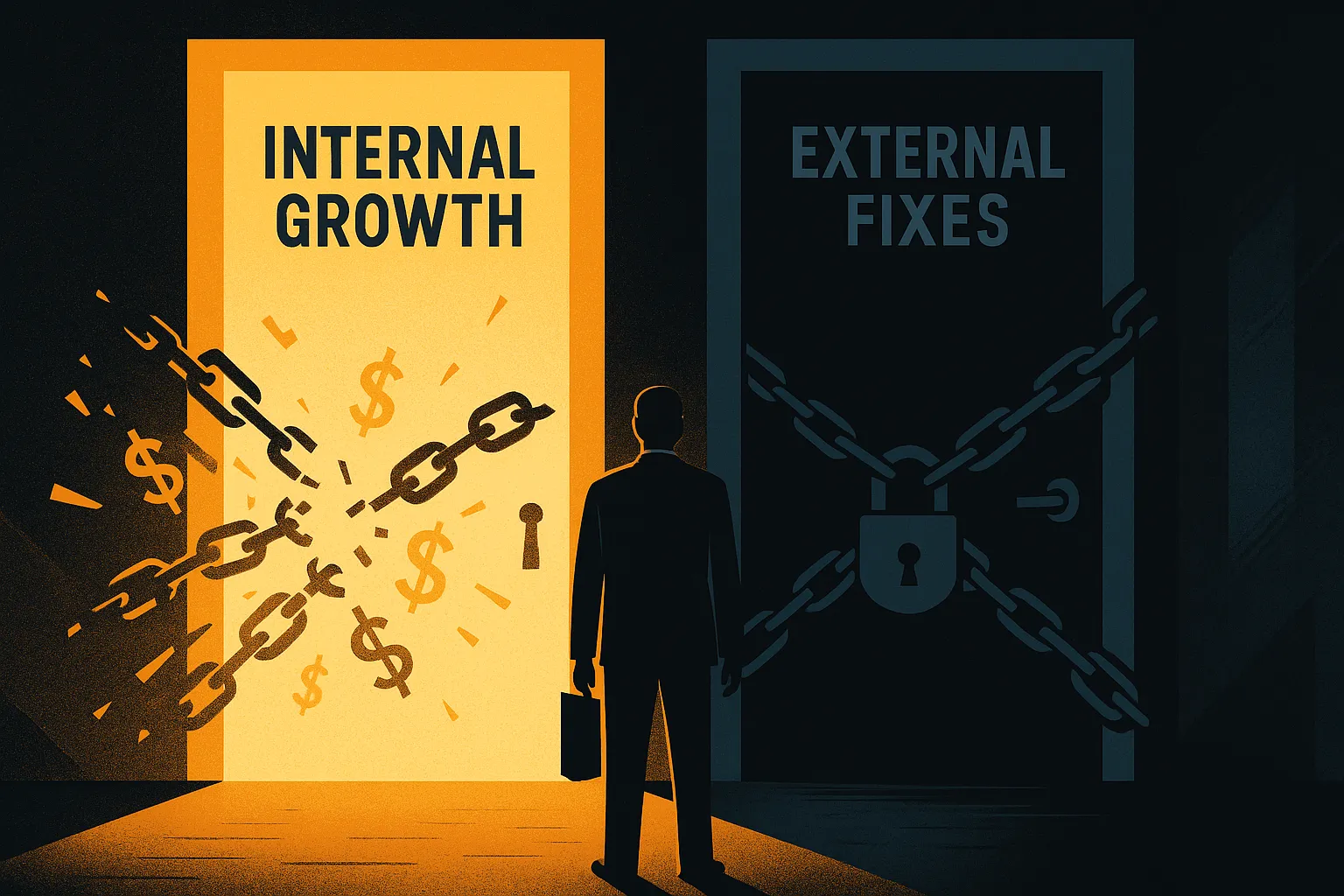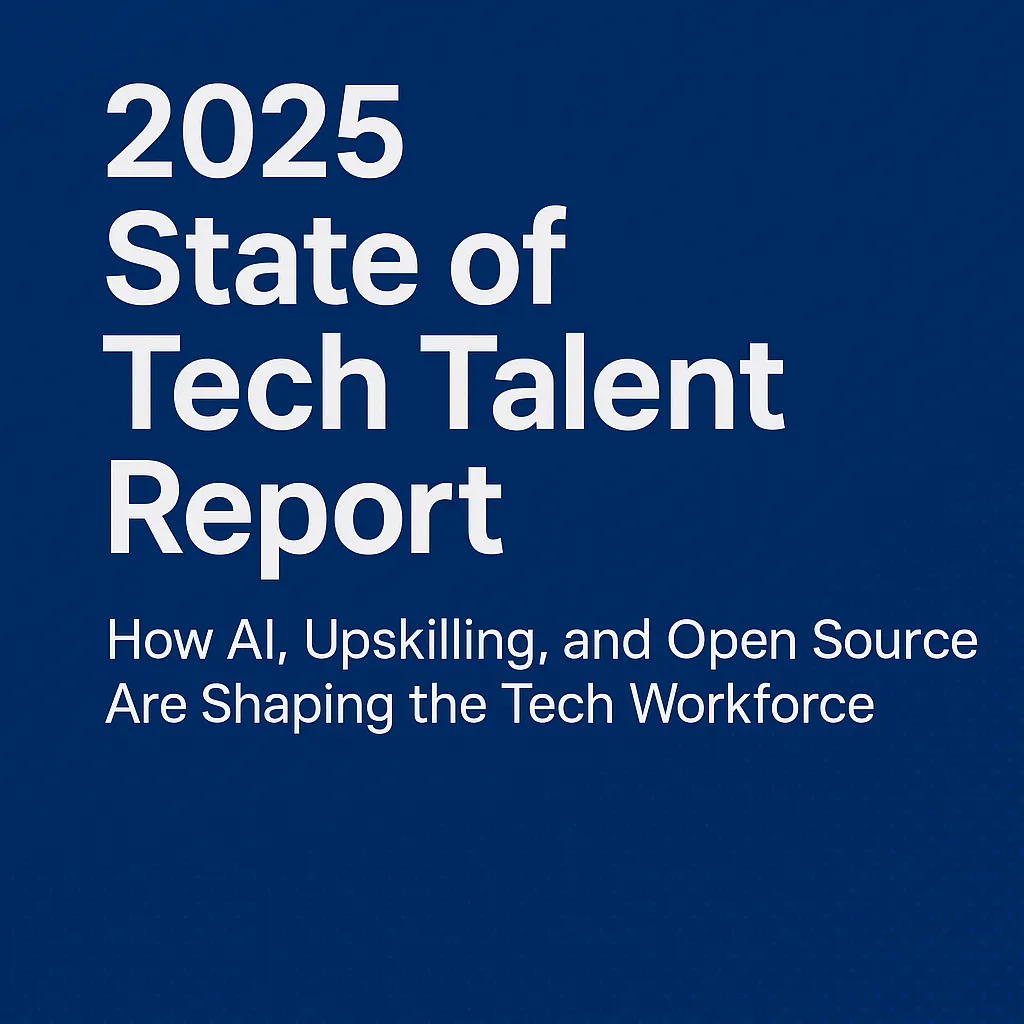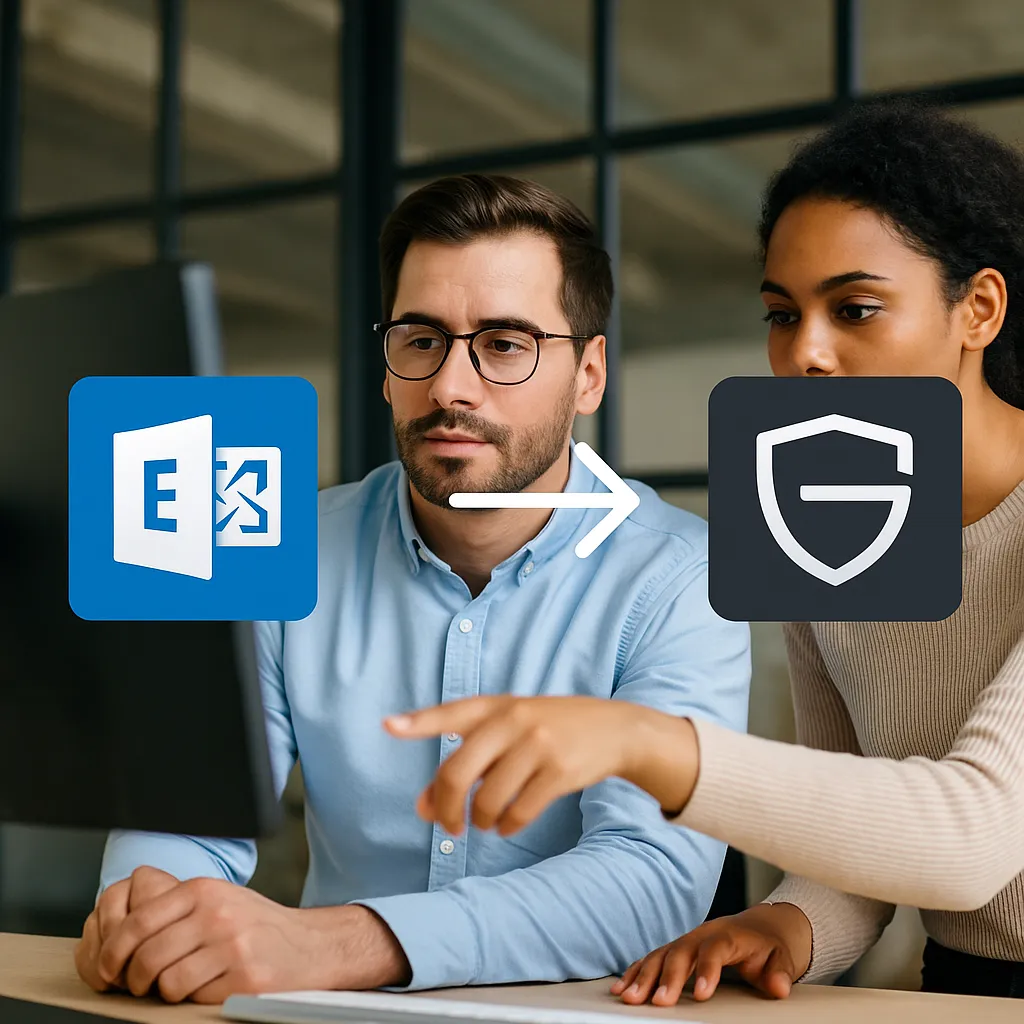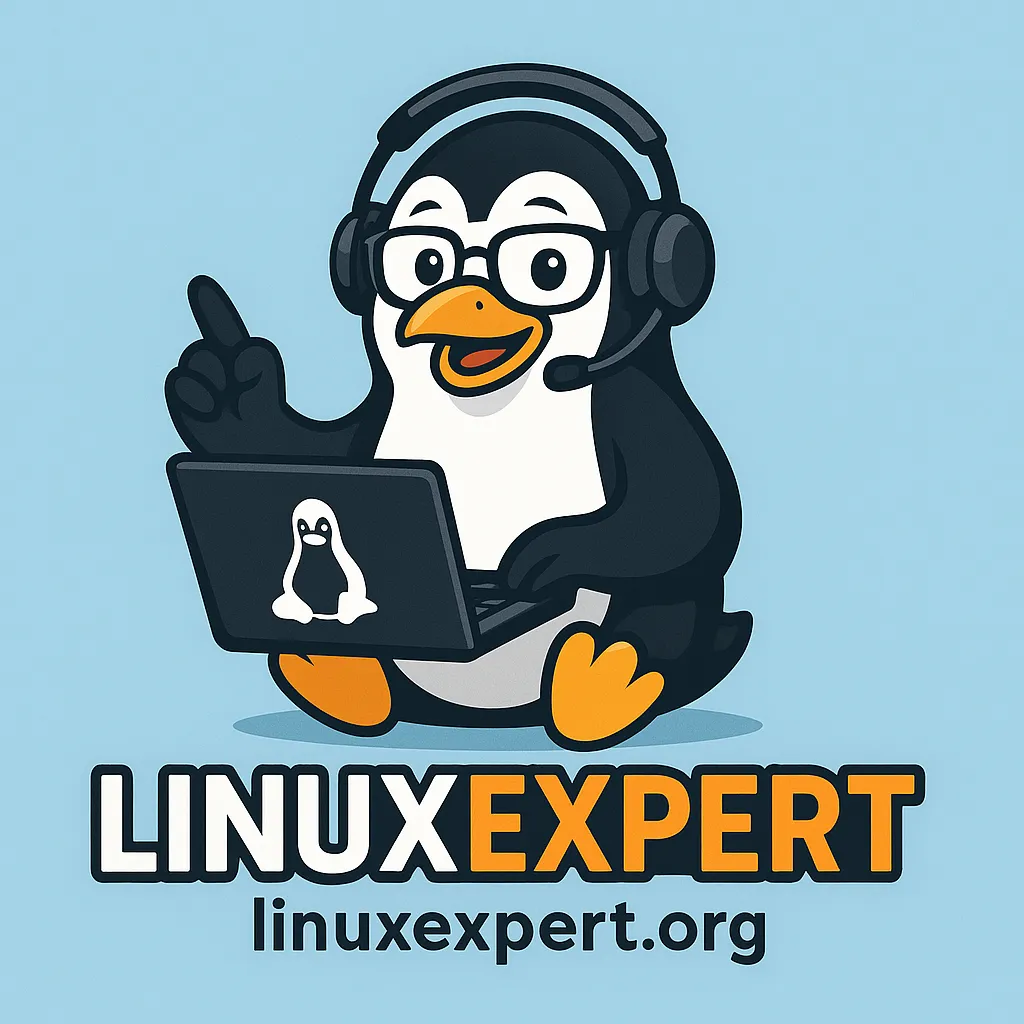Ensuring Compliance and Highlighting Notable Violations
Open source software has revolutionized the tech industry by promoting collaboration, transparency, and innovation. At the heart of open source lies a framework of licenses that dictate how software can be used, modified, and distributed. These licenses ensure that the software remains open and accessible while protecting the rights of developers and users.
What Are Open Source Licenses?
Open source licenses are legal agreements that allow software to be freely used, modified, and shared. They define the terms under which the software can be redistributed, ensuring that the software remains free and open. There are several types of open source licenses, each with its own set of conditions and requirements.
Common Open Source Licenses
- GNU General Public License (GPL): One of the most widely used licenses, the GPL ensures that any modified versions of the software are also distributed under the same license. This ensures that the software remains free and open.
- MIT License: A permissive license that allows for extensive freedom to use, modify, and distribute the software. It requires only that the original license and copyright notice be included in all copies.
- Apache License 2.0: Similar to the MIT License, the Apache License is permissive but includes additional protections against patent litigation.
- BSD License: Another permissive license that allows for redistribution and use with minimal restrictions. It is often used for software that aims to be highly portable.
Despite the clarity and intent of these licenses, there have been several notable violations by major companies. Here, we delve into some of the most high-profile cases of open source license violations and their outcomes.
Notable Open Source License Violations
1. Cisco
Violation: Cisco was accused of violating the GPL in its Linksys product line. The Free Software Foundation (FSF) claimed that Cisco failed to provide the source code for the GPL-licensed software used in their devices.
Outcome: Cisco settled the lawsuit with the FSF in 2009. As part of the settlement, Cisco agreed to appoint a compliance officer, publish the source code for the GPL-licensed software, and make a financial contribution to the FSF.
2. VMware
Violation: VMware faced a lawsuit from Linux kernel developer Christoph Hellwig, who alleged that VMware’s ESXi product incorporated GPL-licensed code without complying with the license’s requirements to release the source code.
Outcome: The case went through several legal battles, with VMware denying the allegations. In 2019, a German court ruled in favor of VMware, stating that Hellwig did not have sufficient standing. The case highlighted the complexities of enforcing GPL compliance across jurisdictions.
3. Versata (Trilogy)
Violation: Versata was involved in a lawsuit with XimpleWare over the use of GPL-licensed software in their product without proper compliance. XimpleWare claimed that Versata failed to provide the necessary source code and licensing information.
Outcome: The case was settled in 2015, with Versata agreeing to comply with the GPL requirements. The settlement underscored the necessity for companies to thoroughly understand and adhere to open source licenses when incorporating such software into their products.
4. Samsung
Violation: Samsung has been repeatedly flagged for GPL violations, particularly concerning their smartphones and other devices. They have faced criticism for not providing the complete corresponding source code for GPL-licensed software used in their products.
Outcome: Samsung has taken steps to address these issues by improving their open source compliance programs and releasing the necessary source code. However, ongoing vigilance is required to ensure continuous compliance.
5. Apple
Violation: Apple has faced allegations of open source license violations, especially related to the Darwin operating system, which underlies macOS and iOS. Critics have claimed that Apple did not fully comply with the requirements of licenses like the GPL and APSL.
Outcome: Apple has made efforts to address these concerns by improving transparency and compliance with open source licenses. The company has released more of its software under open source licenses and provided better access to the corresponding source code.
6. Microsoft
Violation: Microsoft has faced scrutiny and legal challenges for open source license violations in the past, particularly concerning their use of BSD-licensed and GPL-licensed code.
Outcome: In recent years, Microsoft has made significant strides in embracing open source. The company has open-sourced several major projects, including the .NET framework and Visual Studio Code, and has become one of the largest contributors to open source on GitHub.
The Importance of License Compliance
Open source licenses play a crucial role in the software ecosystem by promoting collaboration, transparency, and innovation. Compliance with these licenses ensures that the software remains free and open, protecting the rights of developers and users. Violations can lead to legal disputes, financial penalties, and damage to a company’s reputation.
As the open source community continues to grow, it is essential for companies to understand and respect the licenses governing the software they use. By doing so, they can contribute to a vibrant and sustainable open source ecosystem that benefits everyone.
